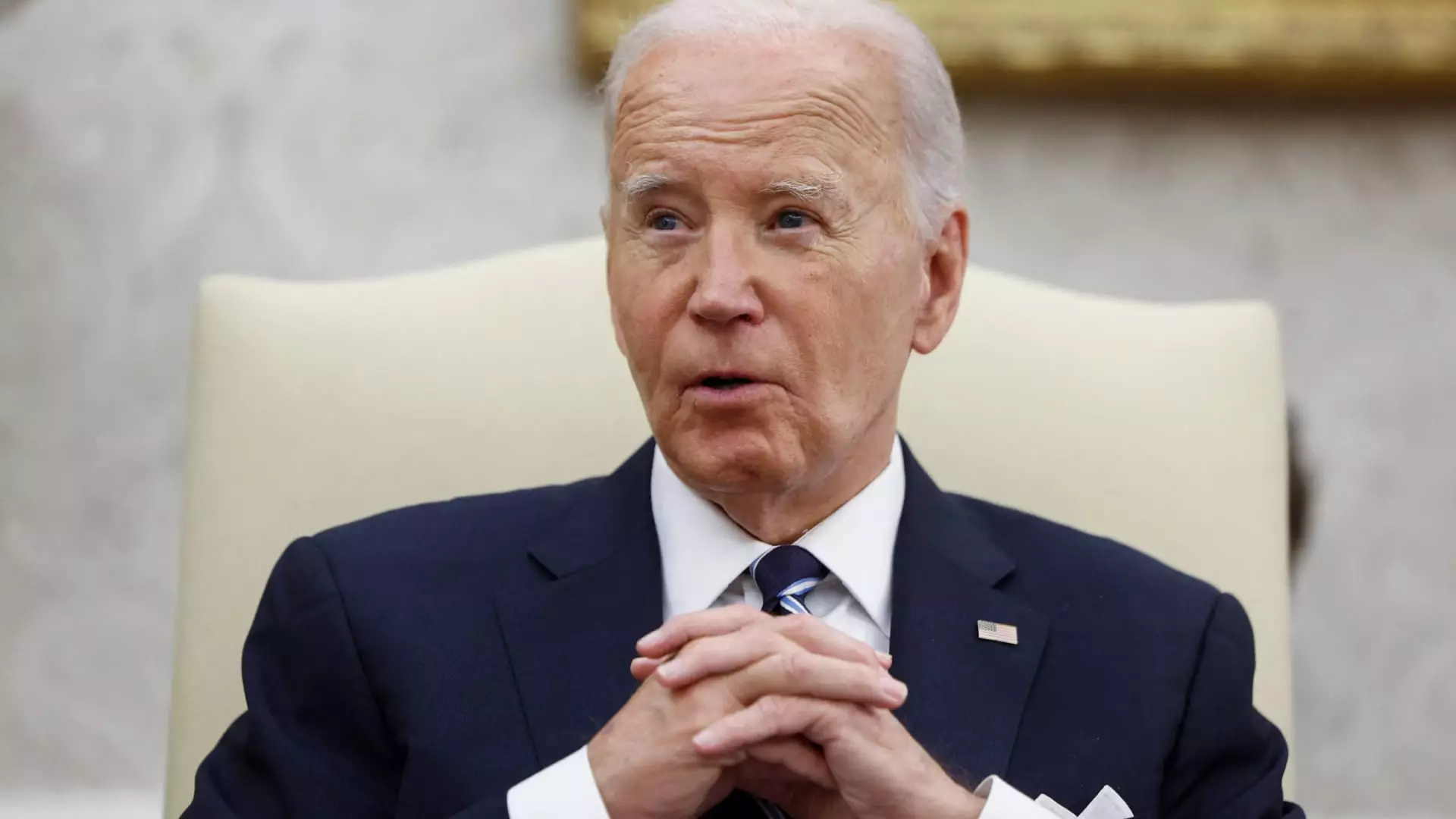As the midterm elections approach, U.S. lawmakers find themselves navigating a complex funding landscape, having recently sidestepped a potential government shutdown. However, looming deadlines and partisan negotiations suggest that the challenges are far from over. Congress has merely postponed the inevitable, and a new fiscal showdown is on the horizon, particularly as the holidays draw closer.
With approximately 40 days until the general elections, congressional leaders have managed to prevent an immediate crisis by agreeing to temporary funding measures. Yet, this stopgap solution only provides a short respite. The legislative calendar is tight, with just five weeks available for members of the House and Senate to collaborate on the 12 appropriations bills necessary for funding federal operations for the upcoming fiscal year of 2025.
The urgency of the situation is exacerbated by the need to finalize a funding agreement by December 20, or risk compounding the chaos with additional budgetary crises. Lawmakers must act swiftly, but the political climate, deeply marked by divisions between Democrats and Republicans, complicates matters significantly.
In anticipation of the tight schedule and the lack of consensus on individual funding bills, many analysts speculate that Congress may default to approving a comprehensive omnibus spending package. Such a move would allow for the swift passage of budgetary allocations while bundling various political priorities—a tactic often employed in times of funding emergencies.
Despite House Speaker Mike Johnson’s declaration that the practice of late-year omnibus bills must end, skepticism abounds. Johnson’s refusal to definitively commit to avoiding an omnibus in December raises eyebrows given his past insistence on reforms. Senior appropriators, like Rep. Debbie Wasserman Schultz, argue that the tradition is likely to persist due to political necessity, highlighting the inherent contradictions in his leadership.
Johnson’s assurance to break from tradition clashes sharply with the reality that his party relies on Democratic votes to get anything passed in the House. This reliance indicates a critical bargaining point as the clock ticks, with high stakes for both parties to ensure the continuity of government services.
Potential Outcomes and Political Implications
The varying outcomes of the upcoming elections could dramatically influence funding negotiations. A divided government may necessitate compromise, leading to protracted discussions that stretch into the new year. Conversely, if Republicans were to gain full control over the House, Senate, and presidency, they may opt for another quick funding extension, possibly pushing the fiscal debate into 2025.
The implications of such a scenario could be far-reaching, not only for fiscal policy but also for broader governance. A unified Republican front might seek to enact measures that reflect their political agenda, reshaping the federal budget and potentially impacting social programs that are deeply reliant on federal funding.
Similarly, a strong Democratic pushback against any unilateral funding measures could lead to legislative gridlock, compelling all parties involved to recalibrate their strategies to seek bipartisan consensus amid contention.
As Congress prepares to enter a period of intense negotiation, the dual pressures of approaching elections and a ticking funding clock create a precarious situation for lawmakers. The choices they make in the coming weeks will not only determine the immediate fate of federal funding but also set the tone for legislative collaboration or confrontation in the new Congress. With a complex tapestry of political interests at play, lawmakers must tread carefully, balancing party priorities with the necessity for effective governance.
Ultimately, the challenges ahead underscore a deeper truth about modern American politics: amidst the drama and division, the objective of ensuring stability and continuity of government remains a daunting, yet essential, task.


Leave a Reply